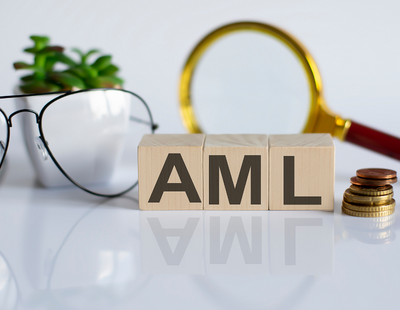The most recent interest rate rise has swung the balance making it cheaper to rent than to buy, according to lettings agency Hamptons.
It says that for the last 11 months it has been cheaper to buy a home in Great Britain than rent. In May, it was £40 per month cheaper to service a mortgage with a 10 per cent deposit than it was to rent the same home, while in November 2021 it was £160 cheaper.
However, following last Thursday’s 0.25 per cent base rate rise - and assuming this to be passed on in full to mortgage borrowers - this will make renting a home £1 per month cheaper than buying on a monthly basis.
For someone with a 10 per cent deposit, the rate rise will add a further £41 to their average monthly mortgage repayment, taking it from £1,112 to £1,153. On top of this, first-time buyers also need to save for a deposit.
This is a marked reversal from the depth of the pandemic, between mid-2020 and mid-2021, when lenders raised mortgage rates for buyers with five or 10 per cent, deposits meaning it was considerably cheaper to rent than buy.
During this period, the Bank of England base rate remained at an all-time low, but lenders hiked their rates to reduce risk. These higher mortgage costs meant that for the first time since 2014, renting was cheaper by £65 per month than buying with a 10 per cent deposit.
Aneisha Beveridge, head of research at Hamptons, says: “Rising interest rates are set to swing the scales for would-be first-time buyers. For the last 11 months it’s been cheaper to buy with a 10% deposit than rent due to rental growth running hot and mortgage rates near record lows.
“But [the latest] Bank of England base rate hike will change this once again, pushing the cost of buying back above renting – a reversal of pre-pandemic times when the average buyer saved nearly £800 a year by owning rather than renting.
“For many buyers though, it isn’t just the challenge of servicing higher monthly mortgage repayments, it’s saving up for a deposit which remains the big barrier.
“Over the next year or so we expect several further small interest rate rises, with mortgage rates set to peak around the middle of 2023 which will add to the cost of buying in cash terms. We also expect rental growth to slow later in the year as rising living costs squeeze affordability. By this point it will mean that for new buyers with smaller deposits, the monthly cost of purchasing a home will be significantly higher than renting one.”
Any future increase to the base rate of a similar scale will likely add a comparable amount to mortgage repayments.
Each 0.25 per cent rise in the base rate will push the cost of buying further above the cost of renting by £41 a month for a typical first-time buyer with a 10 per cent deposit.
There are also regional variations to factor in.
For someone with a 10 per cent deposit, it is typically cheaper to rent rather than buy further South, while further North it is generally cheaper to buy than rent.
Across Britain in May it was £40 per month cheaper to buy than rent, but in the South East (by £1 pcm), South West (by £2 pcm), East of England (by £64 pcm) and East Midlands (by £44 pcm) it is cheaper to rent than buy.
Five months ago, in January 2022, it was cheaper to buy than rent in every region of the country.




.jpg)








%20-%20IMAGE%20Client%20Accounting%20%E2%80%93%20what%20are%20your%20options.jpg)




.png)




Join the conversation
Be the first to comment (please use the comment box below)
Please login to comment